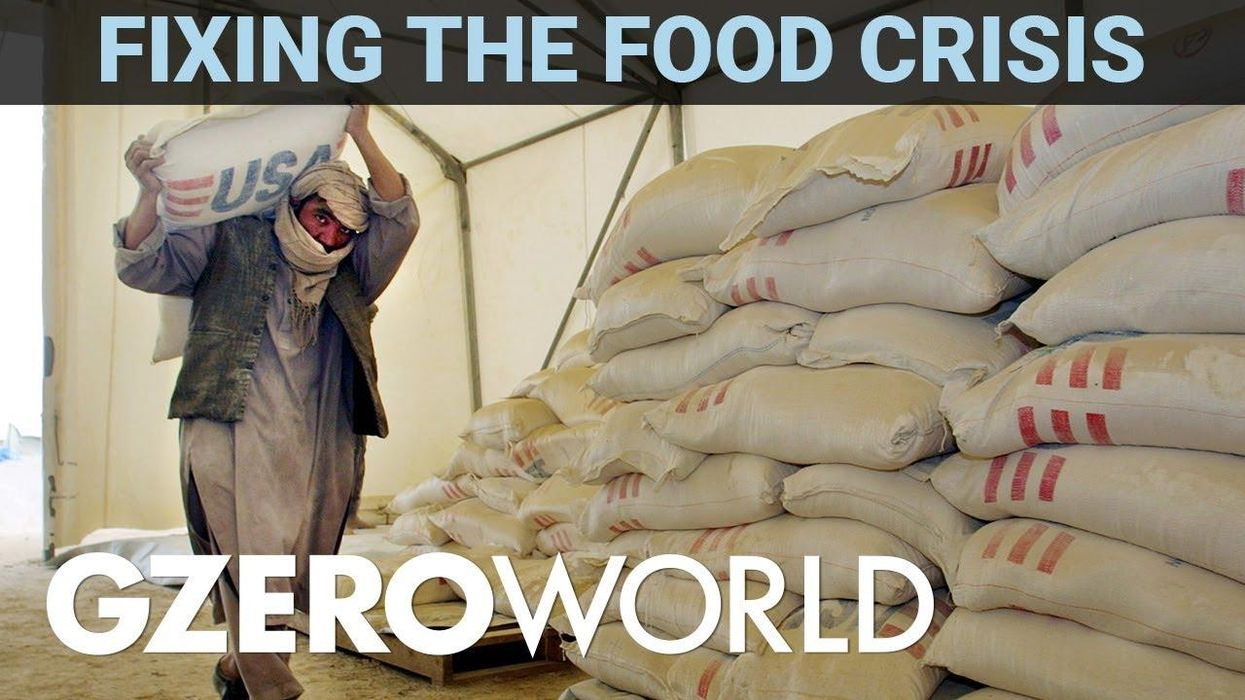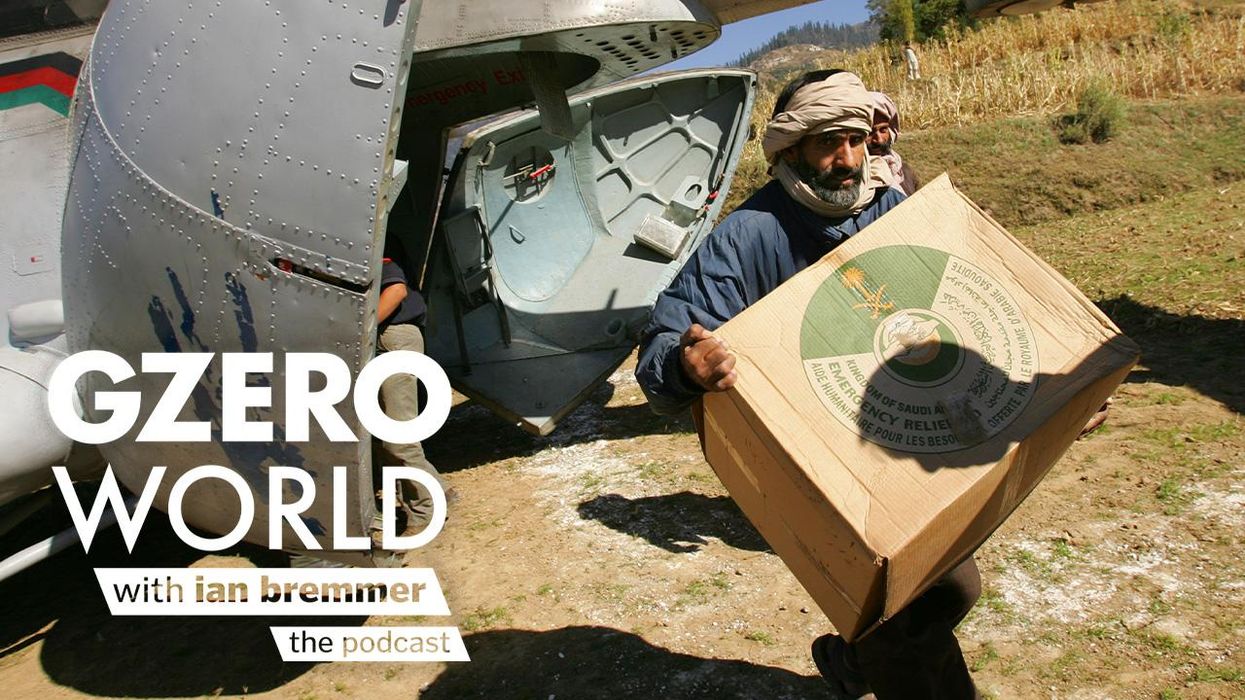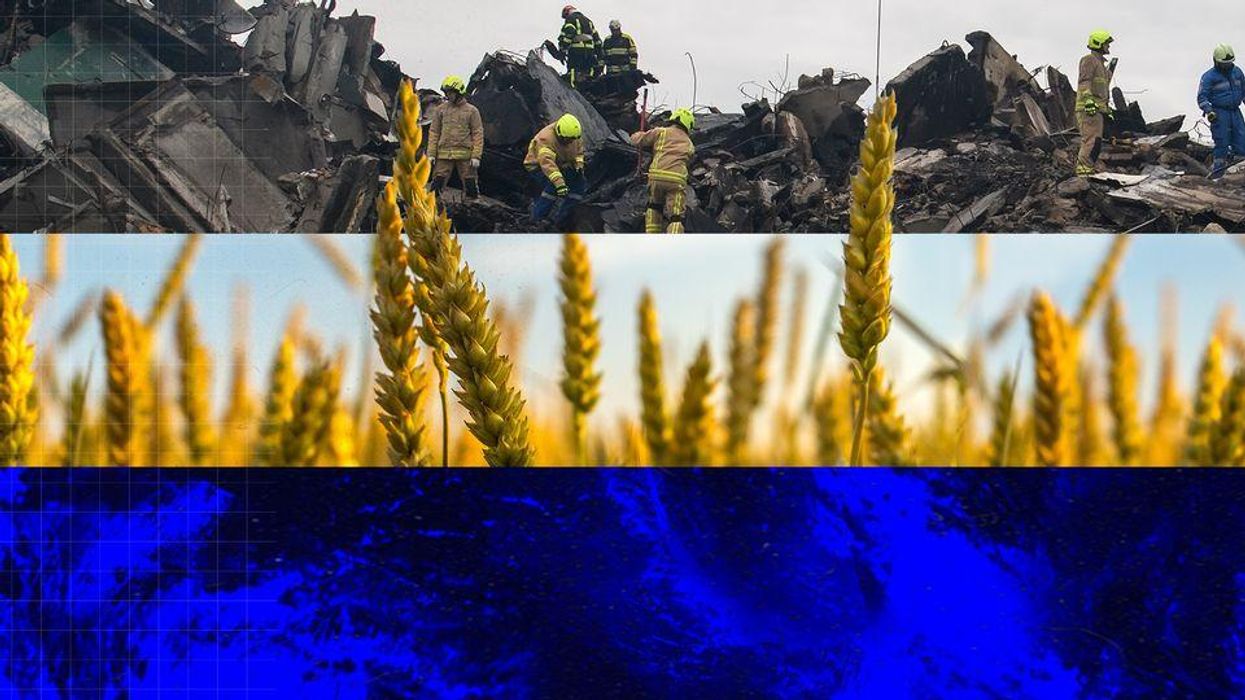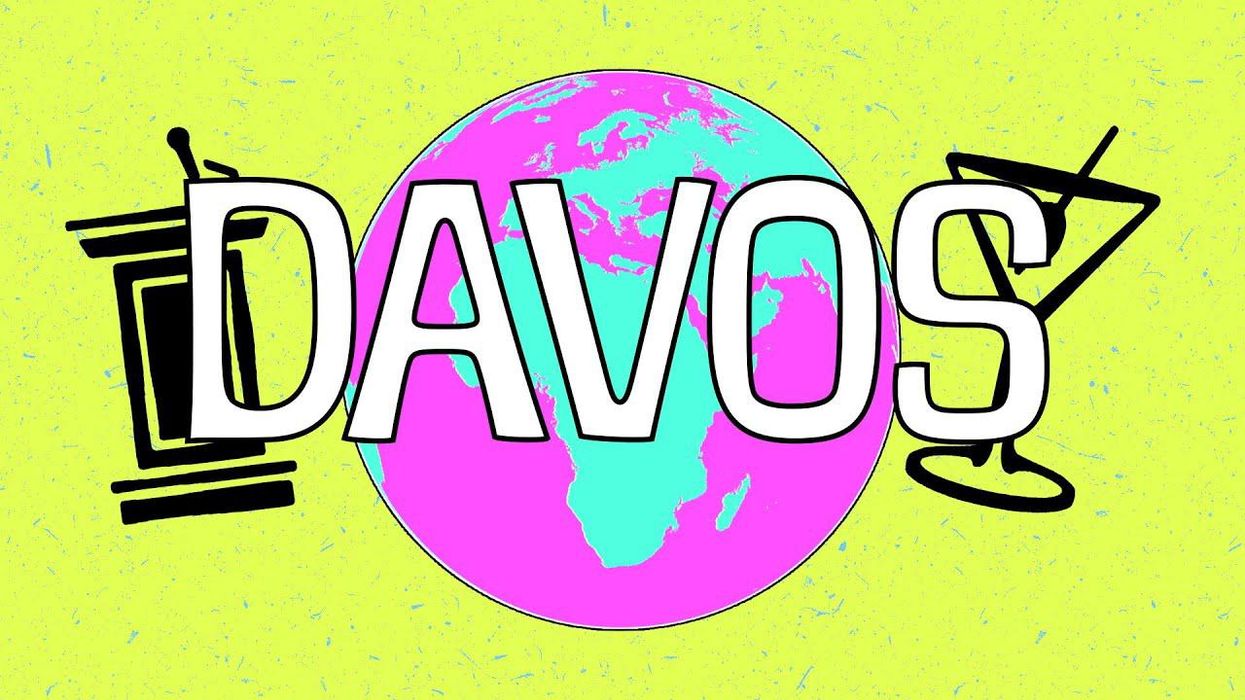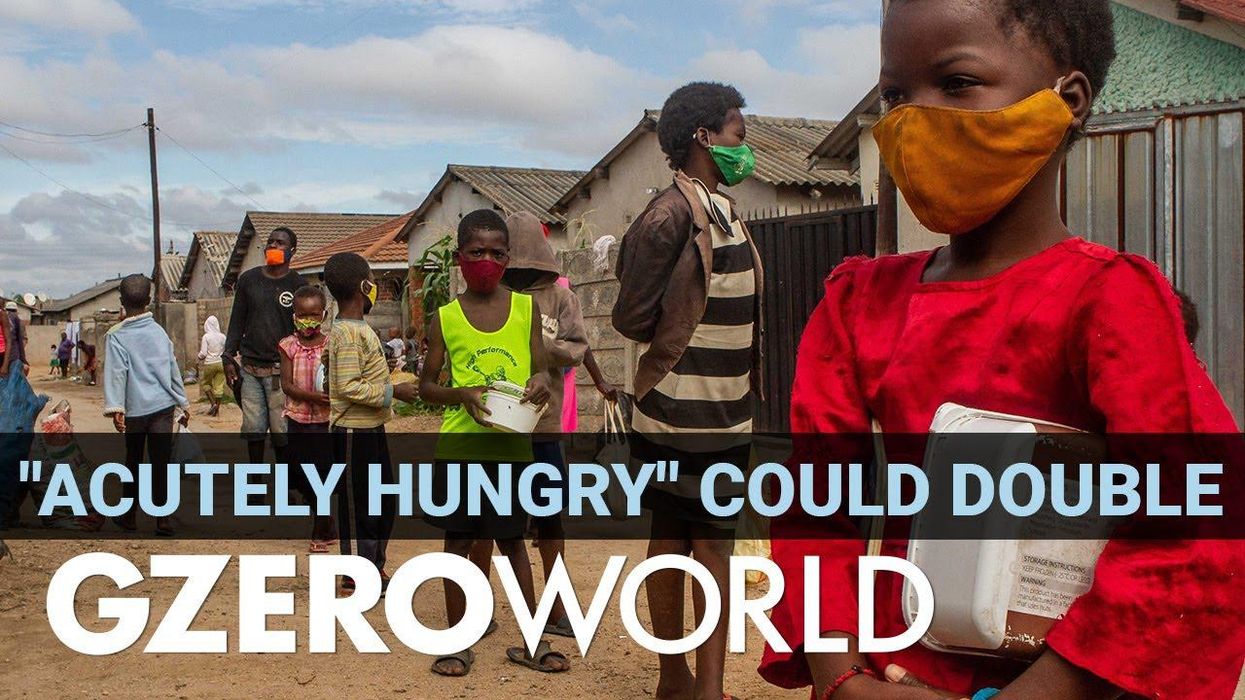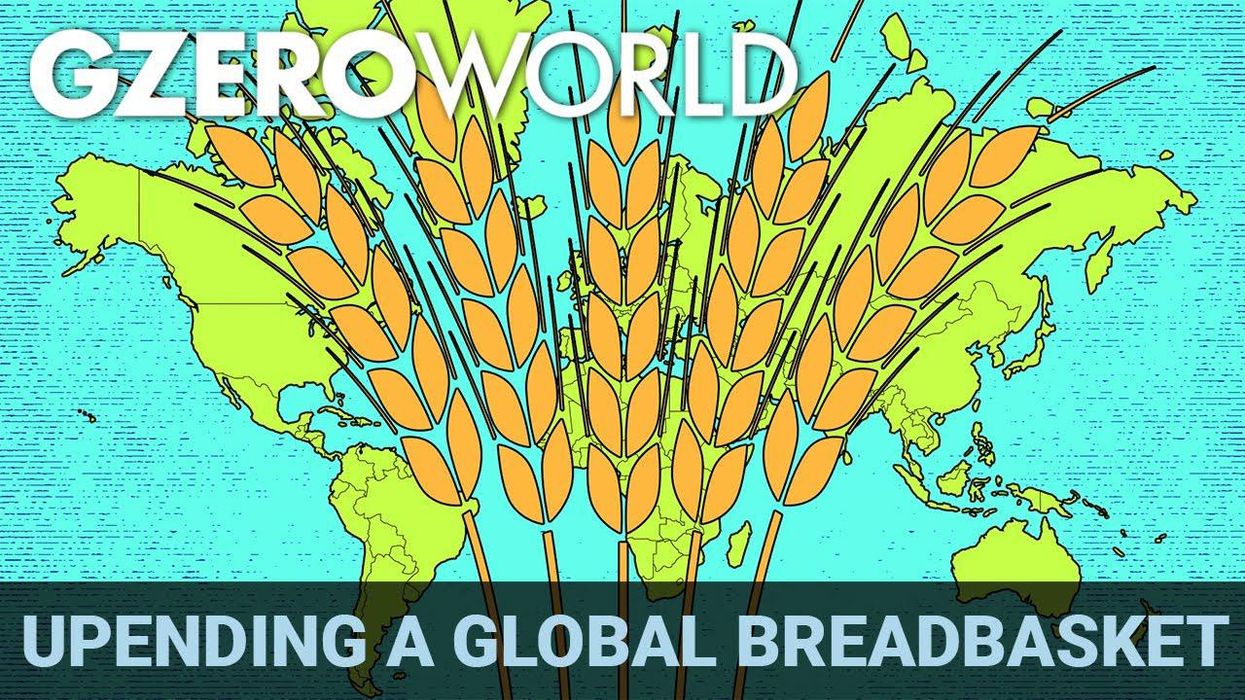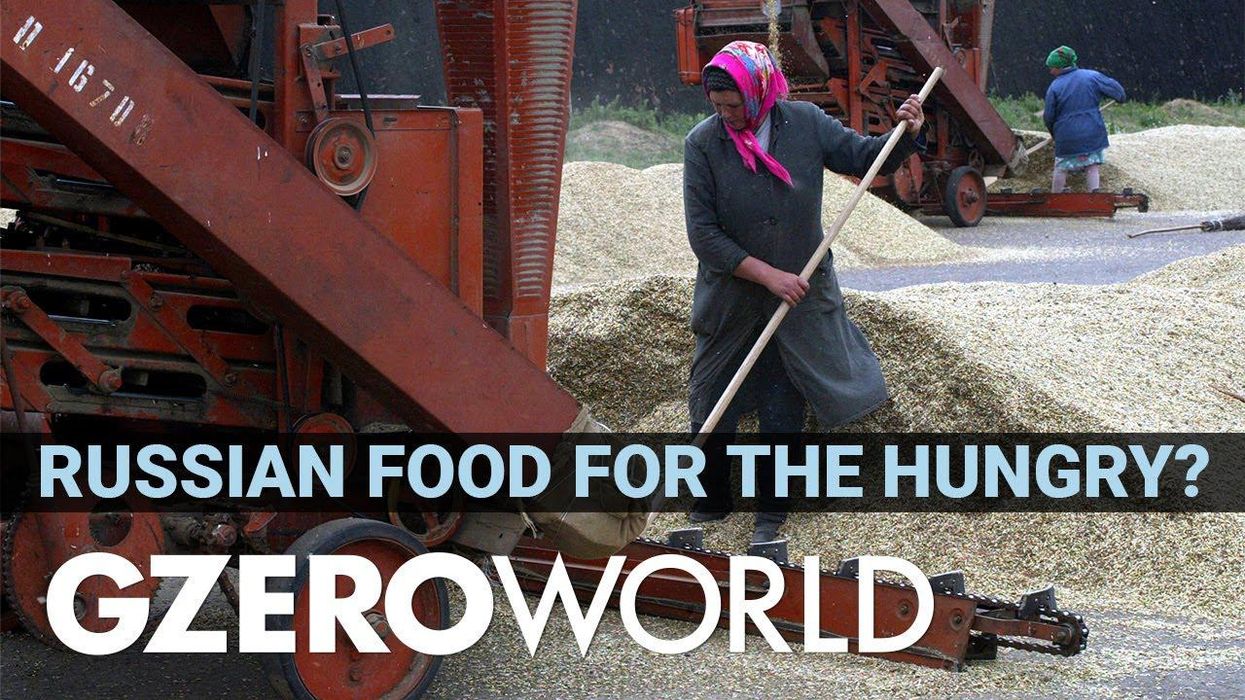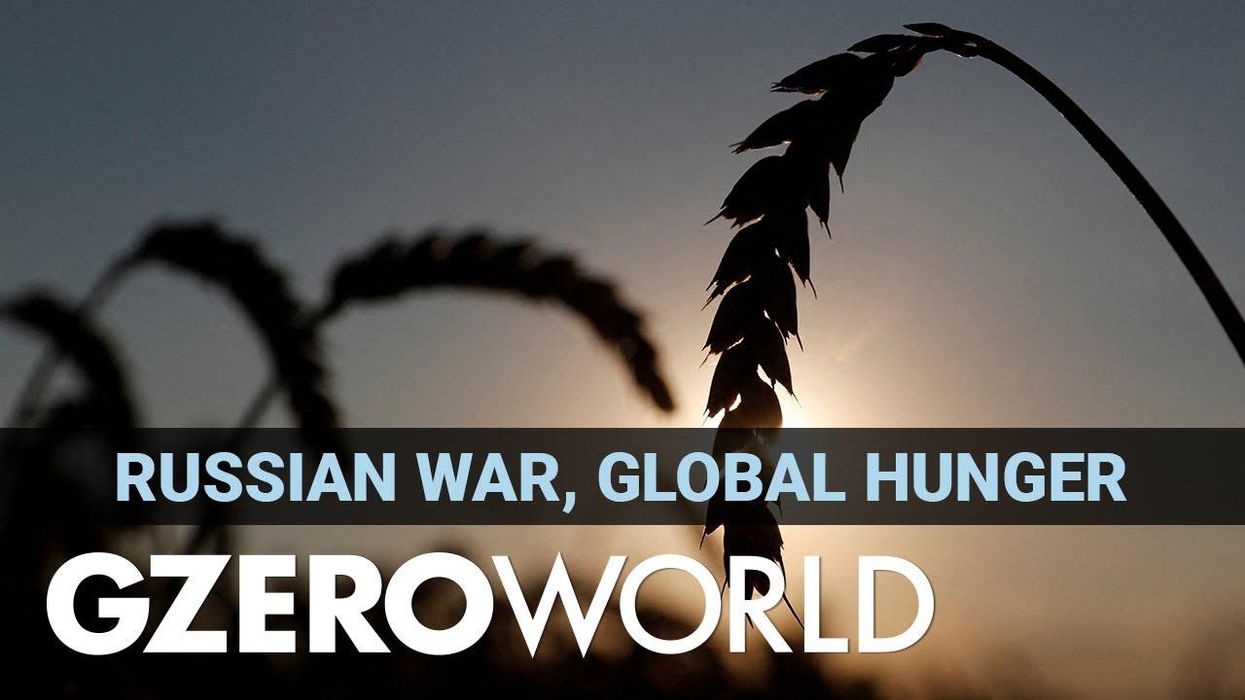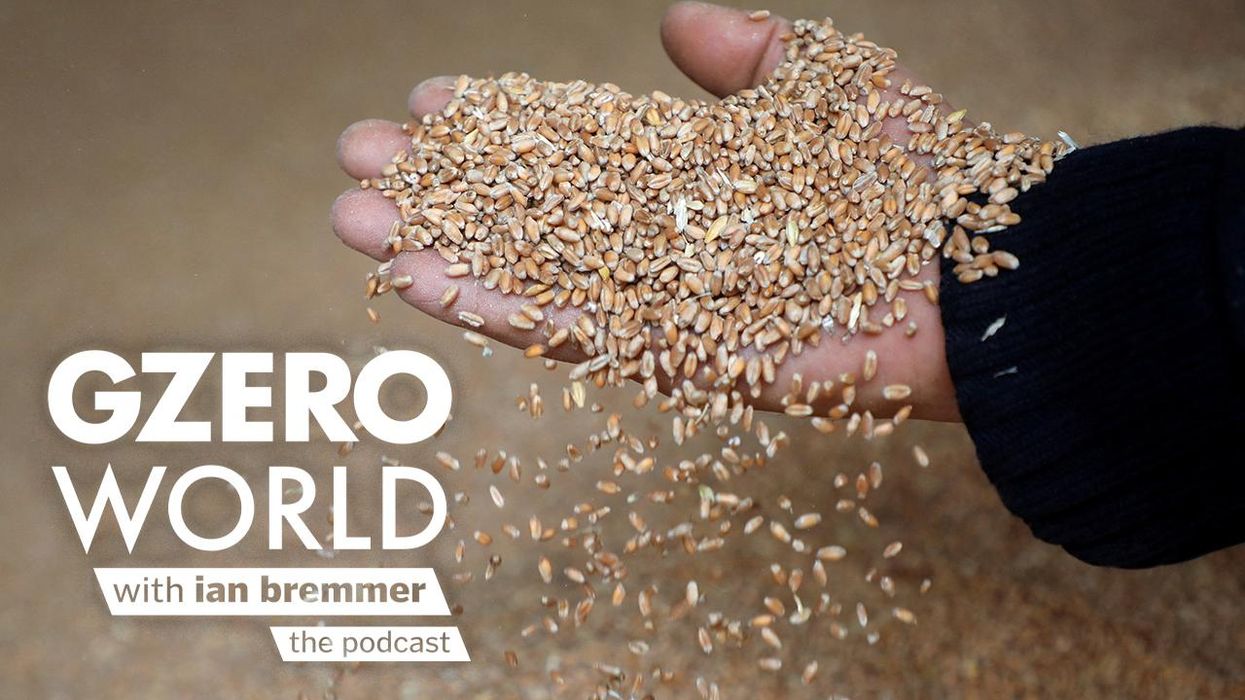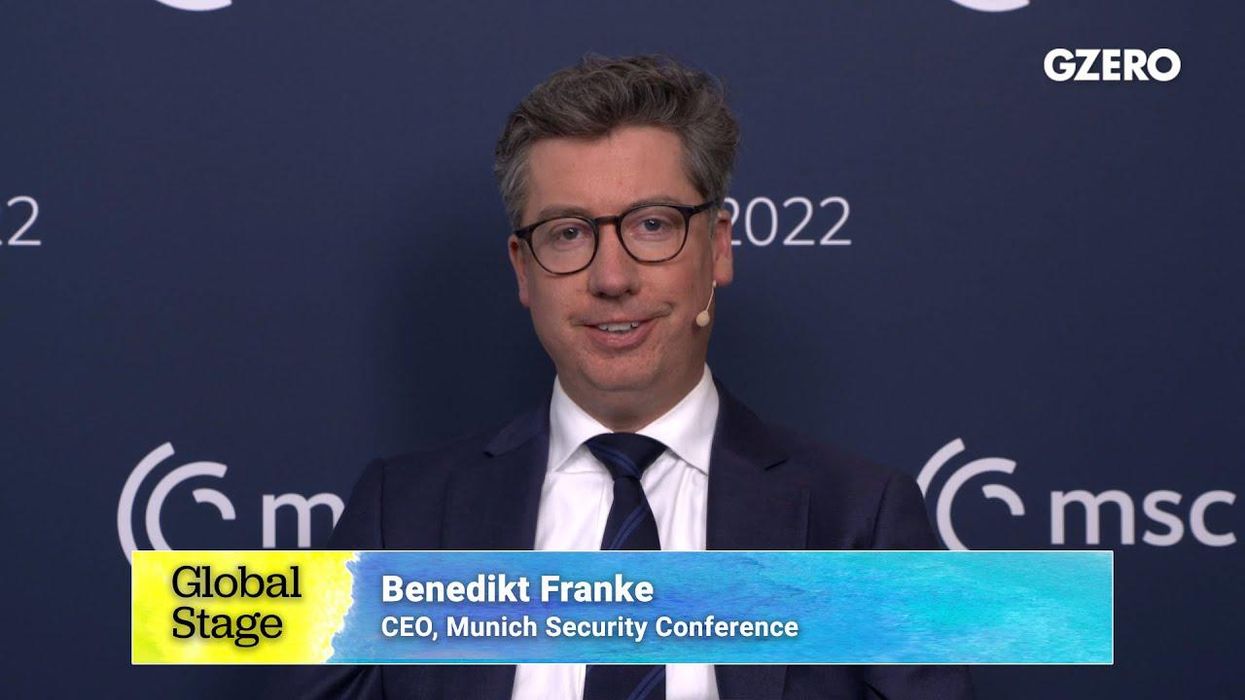GZERO World Clips
Food emergency: what to do when people are hungry now
On global issues, the international community must walk and chew gum at the same time. It needs to learn to deal with simultaneous crises that play off each other, says UN Foundation President Elizabeth Cousens. That's why we dropped the ball on hunger. Now the needs are huge and growing. We haven't seen a lot of images of starvation yet, but they are coming, Cousens tells Ian Bremmer on GZERO World.
Feb 03, 2023
